Every month we have a focus on one of our Implementation Partners; this program was set up to support providers in establishing ICHOM Sets within daily clinical practice, and our network offers support in technical, change management, costing and resource planning.
This month’s partner focus is on OutcomeMD and we are excited to hear from Justin Saliman MD, CEO, OutcomeMD.
Q: Can you give us a brief introduction to OutcomeMD, and what you do?
OutcomeMD is a software platform that informs medical decisions in real-time as healthcare providers and patients track and utilize Patient Reported Outcome Measure and Confounding Factor data over time. Tracking patient progress is simplified into a unique fitness-tracker-like experience for the patient that generates Symptom Scores and displays how they change over time on an integrated Outcome Timeline that patients and providers love. Population level data is available in the Outcome Dashboard where providers and administrators can dial in best practices to ensure their patients receive the best treatments, the first time. In addition to enhancing and informing care at every point in the patient journey, OutcomeMD brands providers for quality and helps them attract new patients by leveraging unique Outcome Marketing features that ignite positive word of mouth.
Q: What is OutcomeMD’s expertise in helping clients with Value-Based Care?
OutcomeMD is the ultimate tool for dialing in best practices to inform decisions and ensure patients receive the most efficient and effective care. The Outcome Dashboard puts true Value-Based Care at the provider and administrators fingertips, where they can create inclusion and exclusion criteria from the medical record data (diagnoses, medications, procedures, age, etc…), Confounding Factor data (adverse life events, SDOH, patient compliance, new injuries, etc…), and PROMs data. OutcomeMD also empowers care teams to easily be notified when patients are in need of attention, done in a seamless way that empathizes with providers, yet engages patients.
Q: What do you see as the biggest challenges – and opportunities – in expanding the network of healthcare providers using VBHC models?
Presently, healthcare providers are forced to focus on patient catering, not patient care. Star ratings have unfortunately been embraced by health systems and payers, however these subjective reviews have been proven to have very little to do with outcomes or quality (JAMA). As a result, the doctor-patient interaction commonly has an air of blackmail, where the doctor must do whatever is necessary to satisfy the patient; because their business model is dependent upon it. This results in overutilization of healthcare resources and in some cases delivery of unnecessary diagnostics or care. We believe that outcome tracking, done right, can be invaluable to a healthcare provider’s business. We help providers generate business from obtaining good outcomes, which helps shift their focus from patient catering, to patient care. This in turn reduces complications and improves effectiveness of care, which ultimately reduces costs.
Q: What message do you have for our different audiences (e.g., providers, regulators, payers, patient organizations etc.) about how they can support the transformation to an outcomes-based healthcare system?
The reality is that healthcare providers are required to change their workflow to adopt and utilize outcome tracking. As such, healthcare providers who care enough to measure and track outcomes should be incentivised (rewarded) for doing so. Regulators, payers and patient organizations should look for ways to increase the value propositions for providers to change their workflow so that they will realistically implement outcome tracking as part of standard practice.
Q: Can you share any examples where you’ve helped clients successfully adopt VBHC models?
The key to VBHC is the ability to truly dial in best practices using valid, meaningful data. This is the focus of OutcomeMD. We collect and structure data around confounding factors. Our patient follow up rates are high due to the fitness-tracker-like experience, and our provider engagement rates are high due to the ease of use of the data and our unique Outcome Marketing offerings. We have helped countless institutions embrace Value-Based Care.
Q: Now, crystal ball time: how do you think the healthcare part of your business will look ten years from now – and what role will VBHC models play within it?
I believe that EHR data + PROMs data + Confounding Factor data will dramatically improve efficiency and effectiveness of care, and ultimately cure disease. Those who do not track outcomes will lose business to those who do. Mass adoption of PROM tracking as part of standard care will eliminate the data gap and enable universal VBHC adoption for the betterment of all.




















